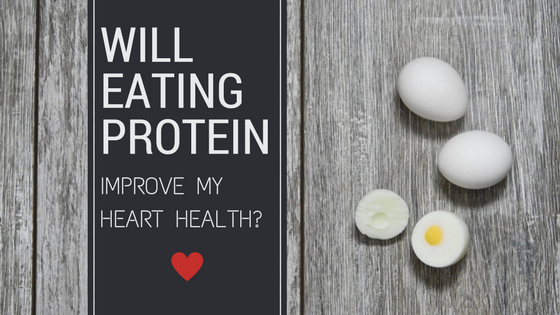The benefits of eating protein over sugar are addressed in this video by Dr. Aarush Manchanda. As a renowned cardiologist, Dr. Manchanda is a firm believer in personalized medicine, which is why he has dedicated much of his life to raising the awareness of heart health in patients. By educating people about their health, such as the benefits of protein in your diet, he believes it will enable them to make key decisions about their health.
One of the questions Dr. Manchanda is frequently asked is, “Why has my doctor told me to eat more protein?” In order to explain this – and because he’s a man who practices what he preaches – he refers to his own diet.
The Benefits of Protein for Your Heart Health
Dr. Manchanda explains that he tries to avoid as many carbs as possible while eating as much protein as he can. The reason he does this is because even if he consumes a lot of protein, his body – or more specifically, his liver – has a process called gluconeogenesis, which will turn the protein he’s consuming into sugar. Therefore, even though your body needs sugar to survive, you don’t have to consume it in its purest form, which isn’t good news if you’ve got a sweet tooth!
But one of the greatest things about turning protein into sugar is, it will give you higher satiety (that wonderful feeling of being full after a meal). So, the reason he wants people to consume more protein over other foods is because of its low glycemic index, which means it won’t turn into sugar as quickly as pure sugar will.
Protein Keeps You Fuller for Longer
To elaborate on the higher satiety levels of protein, Dr. Manchanda uses orange juice and boiled eggs as an example. If you have a glass of orange juice, your sugar levels will instantly rise, which means your insulin levels also kick in. This rise in insulin will rapidly eat up the sugar from the orange juice, leaving you feeling hungry again within a short period of time.
However, if you eat three boiled eggs, you’ll feel fuller for longer, because the protein has higher satiety. This means you won’t get as much of a sugar rush, and your insulin levels won’t rise rapidly and consume all the sugar you’ve just eaten. Therefore, hunger won’t be provoked as quickly.
It’s these simple food swaps and lifestyle changes that make up the basis of Dr. Manchanda’s book – Your Heart House: An Artisan’s Approach to Understanding Heart Health. Explaining everything in layman’s terms, Dr. Manchanda empowers us to become more proactive in improving our heart health.


Leave a comment